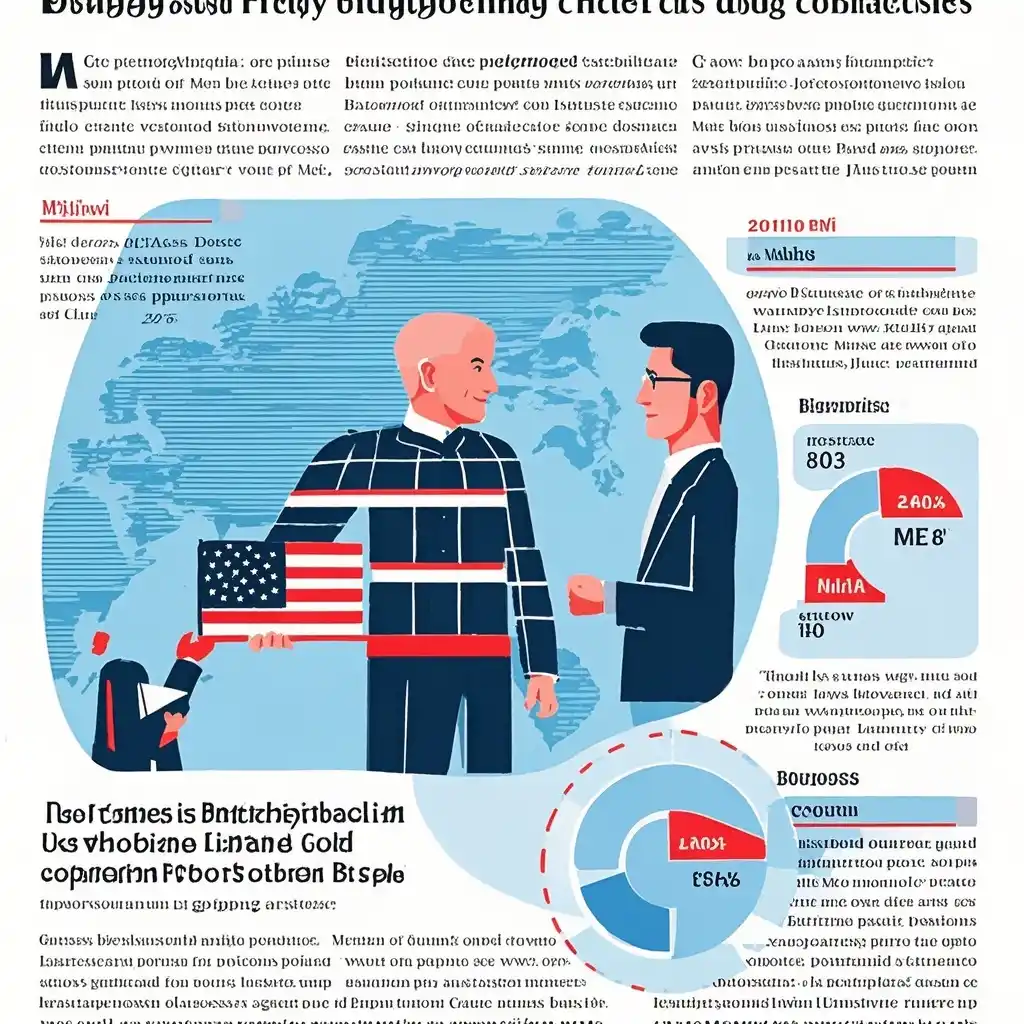

In the world of cross - border e - commerce, tariff barriers pose significant challenges to enterprises. As the global market becomes more interconnected, the role of diplomatic negotiations in alleviating the impact of tariffs on e - commerce has become increasingly crucial.
Background
Cross - border e - commerce has witnessed exponential growth in recent years. It has opened up new markets for businesses, allowing them to reach customers around the world. However, tariffs can significantly increase the cost of goods sold across borders. For example, a small - scale cross - border e - commerce company that specializes in selling unique handicrafts from a developing country to the United States may face high tariffs. These tariffs can make their products less competitive in the US market compared to locally - made or tariff - free imported alternatives. Tariffs are often imposed for various reasons, including protecting domestic industries, balancing trade deficits, or for political reasons.
The Role of Diplomatic Negotiations
Diplomatic negotiations play a vital role in lowering tariff barriers for cross - border e - commerce enterprises. Firstly, through diplomatic channels, countries can engage in bilateral or multilateral trade talks. These talks aim to find common ground and reach agreements on tariff reductions. For instance, the Comprehensive and Progressive Agreement for Trans - Pacific Partnership (CPTPP) is an example of a multilateral trade agreement that has been negotiated diplomatically. Member countries of the CPTPP have agreed to reduce tariffs on a wide range of goods, which has benefited cross - border e - commerce enterprises operating within the region.
Secondly, diplomatic negotiations can help in resolving trade disputes that may lead to the imposition of additional tariffs. For example, the ongoing trade disputes between the United States and China have involved diplomatic efforts to resolve issues related to tariffs on various products, including those related to e - commerce. When diplomatic negotiations are successful, they can prevent the escalation of tariff hikes, thus protecting cross - border e - commerce businesses from sudden cost increases.
Diplomatic Strategies in Tariff Negotiations
One important strategy in diplomatic tariff negotiations is the use of economic incentives. A country may offer to open up its domestic market in other areas to its trading partner in exchange for tariff reductions on e - commerce goods. For example, a developed country may offer increased access to its service sector in return for a developing country reducing tariffs on imported e - commerce products.
Another strategy is building coalitions. Smaller economies may join forces in diplomatic negotiations to have a stronger voice in tariff discussions. For instance, a group of smaller Asian countries that are major players in cross - border e - commerce may form a coalition to negotiate with larger economies. By presenting a united front, they can increase their bargaining power and push for more favorable tariff terms.
Conclusion
In conclusion, diplomatic negotiations are the key to lowering tariff barriers for cross - border e - commerce enterprises. The background of tariff challenges in cross - border e - commerce is complex, but diplomatic efforts can have a significant impact. Through the various roles that diplomatic negotiations play, such as promoting trade agreements and resolving disputes, and by using effective strategies like economic incentives and coalition - building, countries can work towards creating a more favorable environment for cross - border e - commerce. This, in turn, will enable cross - border e - commerce enterprises to thrive, expand their markets, and contribute to the growth of the global economy. It is essential for countries to recognize the importance of diplomatic negotiations in this regard and actively engage in efforts to reduce tariff barriers for the benefit of all parties involved in cross - border e - commerce.